It’s not just nostalgia—your landline could be the one thing that saves you in an emergency.
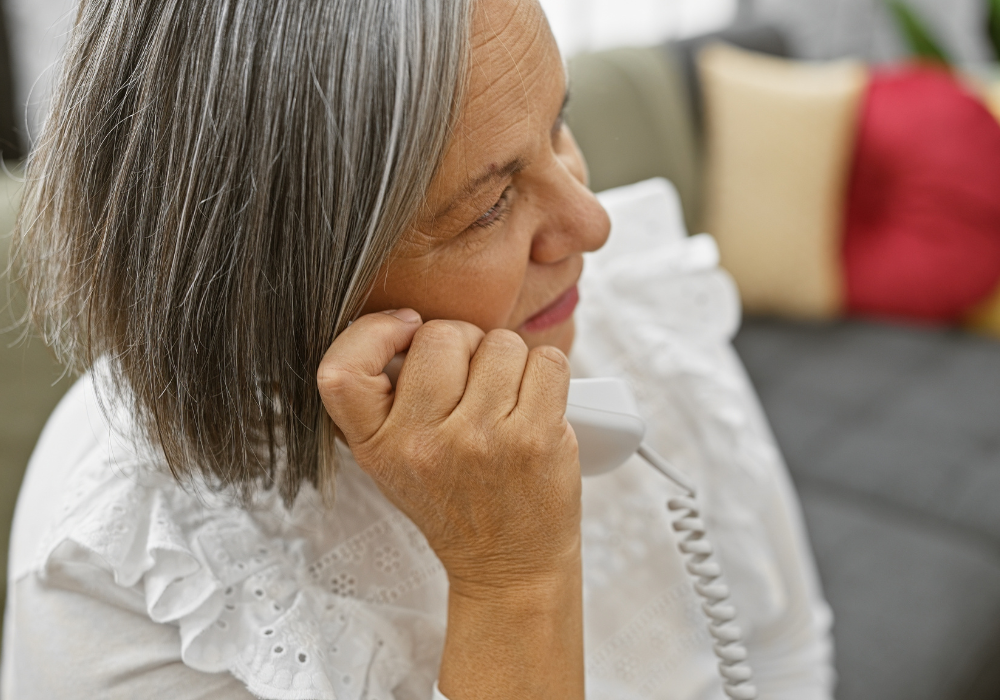
You might look at your landline phone and think it’s just a nostalgic relic collecting dust—but that old piece of tech could be the most reliable tool in your home when things go wrong. We’ve become so dependent on smartphones and Wi-Fi-enabled gadgets that we sometimes forget how fragile our high-tech world really is. But when emergencies strike, the simplest tools often prove to be the most dependable.
Keeping your landline could mean the difference between getting help or being left in the dark. Whether it’s a storm, a blackout, or a moment when your cell just can’t cut it, your landline might be the only thing that keeps you connected. These aren’t just sentimental reasons—they’re practical, even lifesaving. Here are 10 compelling reasons you may want to think twice before cutting the cord on that old phone.
1. Your landline works even when the power goes out.
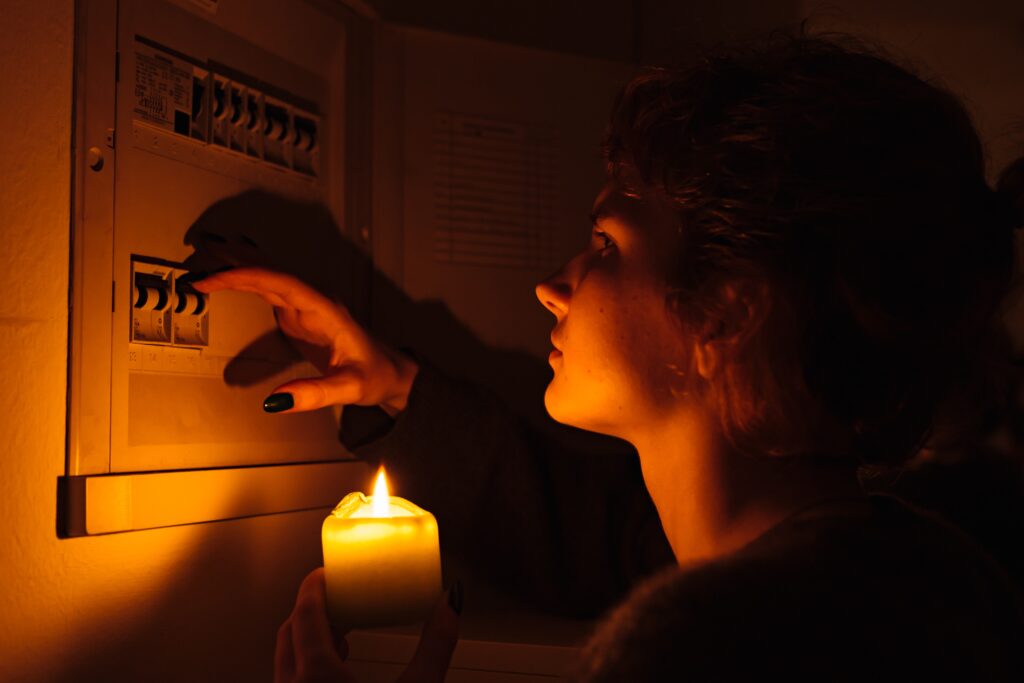
When the power fails, your first instinct might be to grab your smartphone—but what if it’s dead or the signal is gone? Landlines don’t rely on electricity or signal strength. That classic corded phone plugged into the wall works through its own power source, often supplied by the telephone company itself, according to Amie Clark at The Senior List. That means you still have a direct line when everything else shuts down.
If you’re facing a prolonged power outage, this kind of dependability can make all the difference. You won’t have to worry about charging cables, dead batteries, or weak reception. You just pick up the receiver and dial. In moments of real emergency, that kind of simplicity and certainty is a gift most people underestimate—until they’re in the thick of a crisis.
2. Emergency services can find you faster.

When you call 911 from a landline, dispatchers instantly know your exact physical address. That’s not the case with mobile phones, which can only provide a general location through cell towers or GPS—both of which may be compromised in bad weather or chaotic situations, as reported by Fred Maxwell at Forbes. That delay in locating you could cost precious seconds or minutes in a true emergency.
And let’s be real—if you’re in distress, you might not be able to clearly explain where you are. You might be panicking, injured, or unable to speak. Your landline does that critical communication for you. It speaks clearly, even when you can’t. That alone makes it worth keeping plugged in and ready.
3. No dropped calls in the middle of a crisis.

There’s nothing more frustrating—or frightening—than trying to call for help and having your call drop right when you need it most. Mobile networks can get overloaded, especially during widespread emergencies like natural disasters or major events. A landline provides a steady, uninterrupted connection that doesn’t depend on signal bars or bandwidth availability, as mentioned by Mushfiq Rahman at US Mobile The Eagle.
When your voice needs to be heard the most, a landline ensures you won’t be cut off. You won’t have to frantically move around looking for reception or worry that your words aren’t getting through. That calm, consistent clarity is something we don’t often think about—until we desperately need it.
4. Your landline can handle extreme weather like a pro.
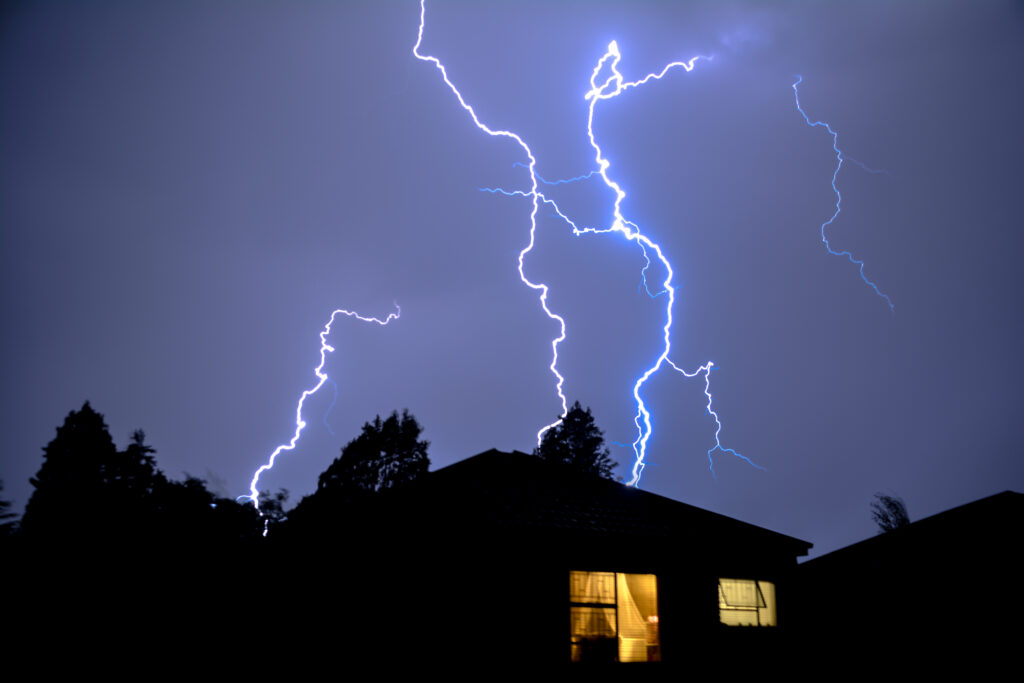
Severe weather is one of the biggest disruptors of modern technology. Flooding, snowstorms, hurricanes, and wildfires all have the potential to bring down cell towers and disrupt wireless signals. Landlines, by design, are more resistant to these conditions. Their buried or insulated wiring makes them far more reliable when the sky starts acting up.
When everyone else is scrambling for a signal or posting desperate updates online, your landline gives you a quiet, dependable way to check on your loved ones or call for help. It’s the kind of sturdy, old-fashioned backup we often overlook until it’s too late—but when disaster strikes, you’ll be glad it’s there.
5. It’s a lifeline for tech-averse family members.

Not everyone in your life is glued to a smartphone. Maybe your parents still prefer buttons to touchscreens, or your grandparents don’t trust apps to keep them connected. A landline remains the most intuitive, accessible form of communication for many older adults who aren’t interested in adapting to digital trends.
Having a landline means they can reach you without needing to navigate complex devices or remember how to unlock a phone. It also reassures them that you’re reachable without fail. That familiarity builds a sense of connection and security that goes far beyond convenience—it shows you care about staying available in the way they understand best.
6. It works when your cell phone battery dies.
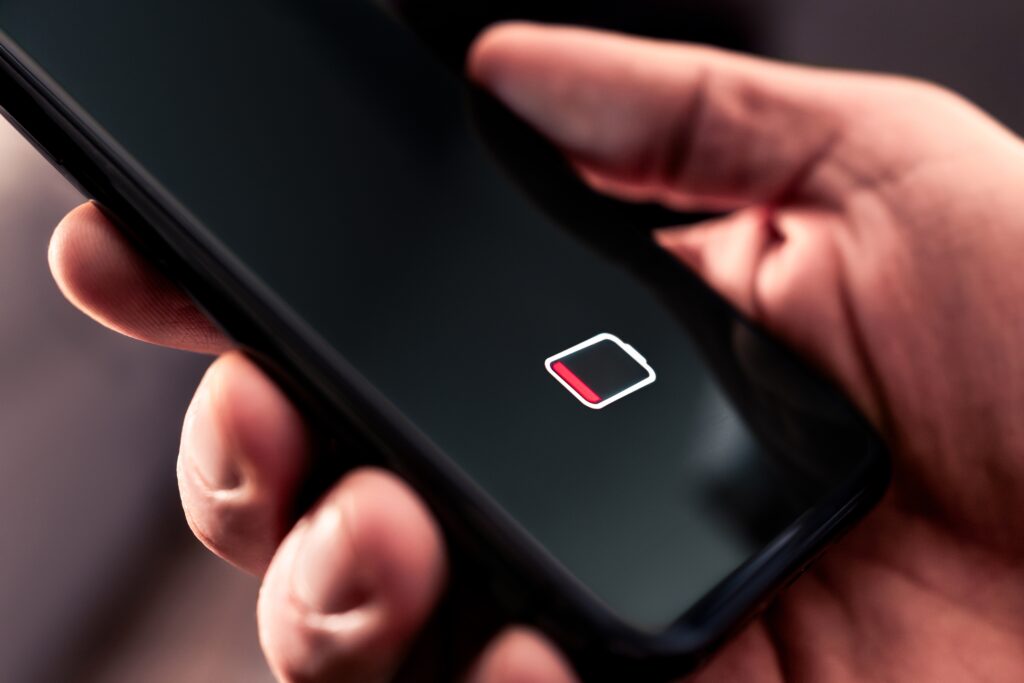
We’ve all been there—your phone’s battery is hanging by a thread, and you’re hoping it holds out just a little longer. But what if an emergency hits when your phone is dead or missing? Landlines don’t run on battery power, and they’re always ready to go. You don’t need to worry about charging cables or backup power packs.
Whether it’s late at night, during a storm, or after a long day of forgetting to plug in your phone, your landline is your safety net. It doesn’t need recharging, rebooting, or software updates. It just works—anytime, every time. And that reliability is something you can’t put a price on when your safety or peace of mind is at stake.
7. Scam calls are easier to avoid.
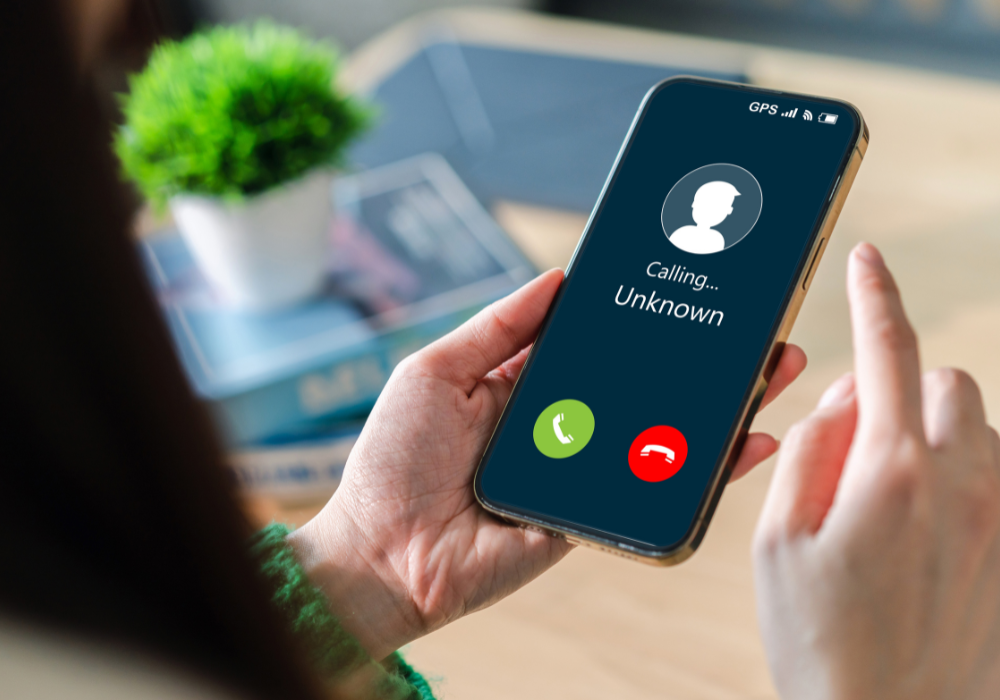
Mobile phones are like magnets for scam calls, robocalls, and phishing texts. With a landline, especially one equipped with caller ID and an answering machine, you get a lot more control over who reaches you. Scammers are more likely to target mobile numbers first because they’re easier to spoof or auto-dial.
With a landline, you can screen calls more effectively and avoid interacting with unwanted callers altogether. Many landline users also report a noticeable drop in nuisance calls. That makes for a quieter home environment and gives you greater peace of mind—especially during dinnertime or while you’re trying to relax.
8. You’ll have better sound quality during important calls.

Cell phone calls are often plagued by background noise, echoes, or that robotic-sounding voice glitch. Even on good days, the audio isn’t always clear—especially if you’re in a building with poor reception. Landlines, in contrast, provide crisp, uninterrupted sound quality that makes conversations much more pleasant and effective.
When you’re trying to have a serious conversation or relay important information, clarity matters. You don’t want to be repeating yourself, mishearing vital details, or yelling into your phone. A landline ensures your voice is heard exactly as you intend—and that’s not just convenient, it’s respectful to the person on the other end.
9. It’s a safeguard against cyber-attacks.

Today’s smartphones are basically tiny computers, and like any device connected to the internet, they’re vulnerable to hacking. If your phone gets hacked or your data gets compromised, your ability to communicate could be at risk. Landlines, by contrast, are offline—and therefore immune to cyber-threats and digital breaches.
That physical separation from the internet is exactly what makes a landline such a secure communication tool. If something ever happens to your mobile network or your smart home setup, you’ll still have a direct, unaffected line out. In an age of increasing digital vulnerability, that kind of analog security is priceless.
10. It’s perfect for households with kids.

If you’ve got kids at home, a landline is one of the safest and most straightforward ways for them to reach out in an emergency. They don’t need to unlock a phone, scroll through contacts, or worry about a forgotten password. All they have to do is pick up the receiver and dial a number they’ve memorized.
That simplicity can make all the difference in a moment of panic. Whether they need to call you, a neighbor, or emergency services, the landline is their direct link—no fuss, no friction. It gives them confidence, and it gives you peace of mind knowing that even the youngest family member has a way to call for help if needed.
